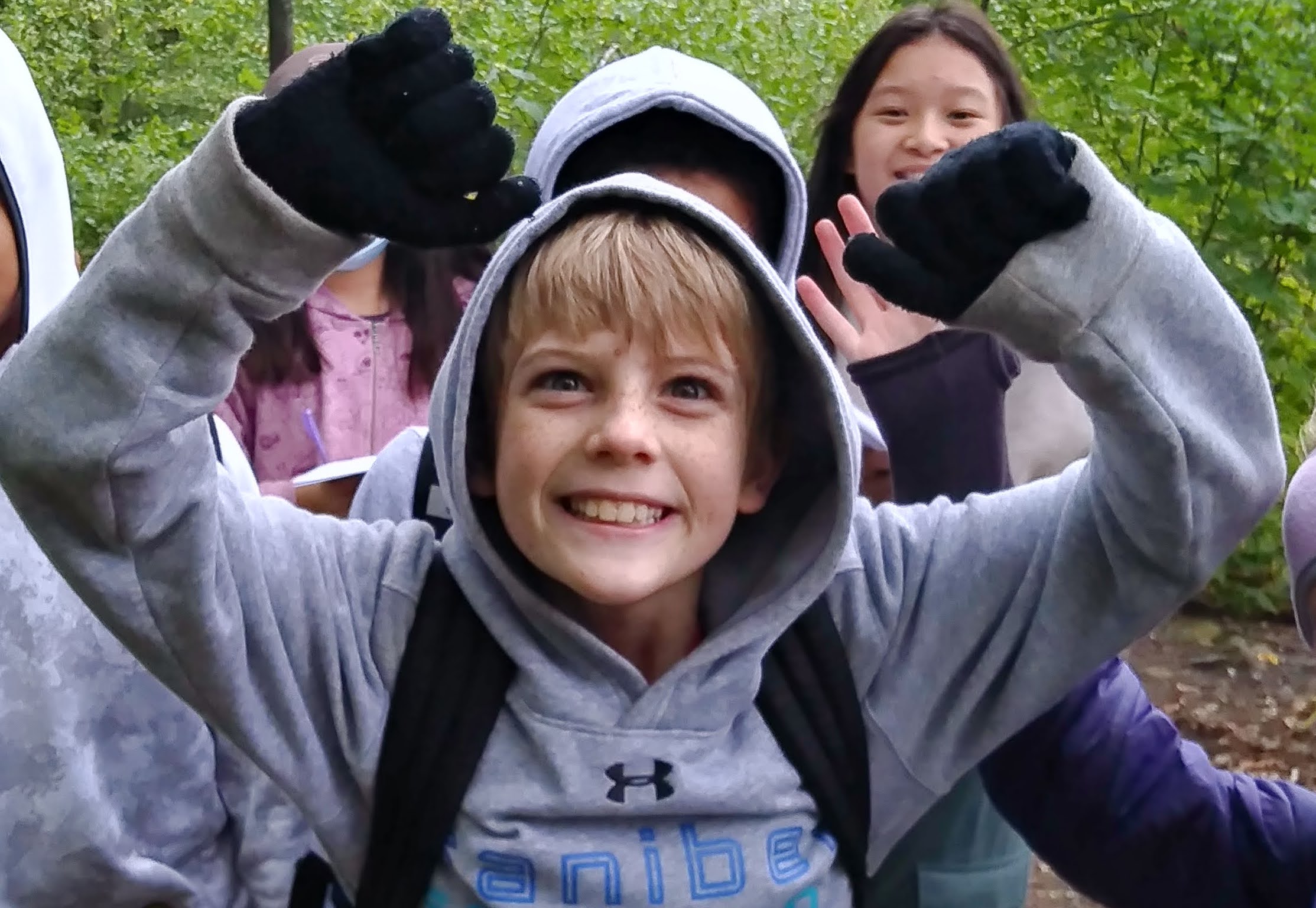News / Ways to Build Resilience in Kids
Ways to Build Resilience in Kids
Children learn from their experiences, so it’s vital that we provide those experiences that help them develop.

Resilience is one of the most valuable characteristics a human being can hold. Everyone faces setbacks and challenging times, and building resilience in your kids is a powerful gift that will set them up for greater success and happiness throughout their entire lives.
16 Ways to Build Resilience in Kids
Nana korobi, ya oki is a simple Japanese proverb that means “fall down seven times, stand up eight.” It epitomises what it means to be resilient. Resilience is defined as: The ability to withstand adversity and bounce back from difficult life events.
For millennia, humans have been touting the need for resilience, both physical and mental, in order to cope with the challenges life throws at us. Developing resilience is a skill and a practice, so starting as a young child is perfect. We’ve put together a list of practical and effective ways to do just that.
Here’s how to develop resilience in children:
1. Play sports or practise martial arts
Sports are an incredibly common yet effective way to build resilience in children of all ages. Sport can be a metaphor for life, with many highs and lows along the way. Sports and martial arts introduce children to many key aspects of adulthood (and business!) including the woes of losing, the struggle to make the team and the incredible payoffs that hard work brings.
2. Get outside and into the unknown
We rarely get physically lost anymore. GPS and the internet means we’re never more than a few clicks from knowing exactly which way to turn. But it’s often when we lose the way that we find out the most about ourselves. We learn how we handle pressure and uncertainty, how we assess our options and we think on our feet to solve the problem.
Encourage kids to explore new surroundings and let them navigate the obstacles they encounter. Richard Branson’s mother, Eve Branson, famously dropped him off a few miles from home and let him find his way back! We’re absolutely not advocating this exercise. However, a similar effect can be achieved within safe, child friendly environments such as parks, playgrounds and other activity facilities.
3. Play video games
Okay, hear us out with this one!
When we play video games, we lose (or die!) frequently. It’s part of how games work; they’re not designed to be completed first time around. Gaming forces kids to show their resolve by trying, failing and trying again. Maybe they’ll use a different tactic next time. Maybe they need to practice more to win. Either way, coming back after a loss is a normal part of gaming and this attitude can carry over into the real world.
4. Stable relationships
Building strong relationships from an early age can play a role in becoming a resilient and mentally strong adult. While relationships themselves can be incredibly resilient, a child’s impression of a relationship is formed very early on, whether that’s the relationship between their parents or the ones they have with their first friends.
Experts recommend you set the example by showing solidarity as a parent in all of your relationships, and discourage behaviours that aim to separate a child from their friends or other classmates. Instead, promote long term relationships in which children work together to overcome differences. Working together on projects and challenges helps reach the best outcomes for all, teaching valuable skills along the way.
Read complete article: Clever Tykes
